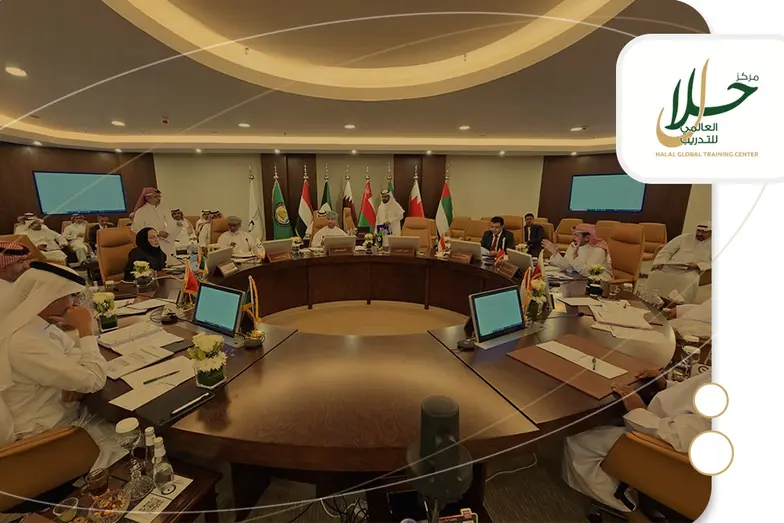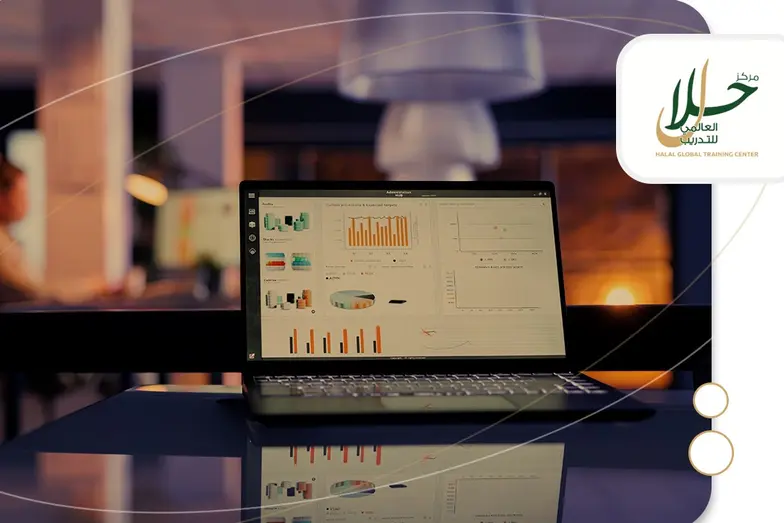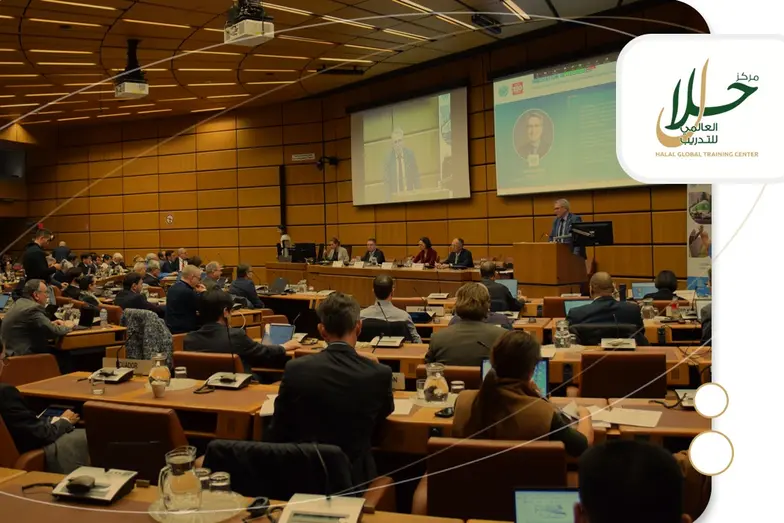
Gulf Standardization Organization | A gateway to implementing quality and safety standards in the Gulf Cooperation Council countries
The Gulf Standardization Organization (GSO) is one of the most important regional organizations concerned with developing and implementing quality and safety standards in the Gulf Cooperation Council (GCC) countries. At the Halal World Training Center, we share with you the most important information about the Saudi Standardization Organization (GSO).
A history full of achievements:
The GSO was established in 1981 and is headquartered in Riyadh, Saudi Arabia.
Throughout its history, the GSO has significantly contributed to promoting intra-GCC trade, protecting consumers, improving the quality of products and services, supporting innovation, and protecting the environment.
The GSO's most important achievements:
Issuing more Gulf standards in various fields: These standards cover diverse areas, such as:
Food and beverages
Industrial materials
Building and construction
Electrical and electronic products
Services
Establishing a Gulf accreditation system for laboratories: This system contributes to ensuring the quality of testing conducted on products in the GCC countries.
Establishing a Gulf Accreditation System for Conformity Bodies: This system contributes to ensuring the implementation of quality and safety standards in organizations.
Organizing conferences, workshops, and training courses: The Authority organizes numerous events to raise awareness of the importance of quality and safety standards.
Cooperation with international organizations: The Authority participates in numerous international organizations concerned with developing and implementing quality and safety standards.
Key services of the Gulf Standardization Organization:
Developing Gulf Standards: The Authority is concerned with developing Gulf standards that meet the needs of the Gulf Cooperation Council (GCC) countries.
Conformity Assessment: The Authority assesses the conformity of products and services to Gulf standards.
Accreditation Certification: The Authority grants accreditation certificates to laboratories and conformity bodies.
Training and Qualifying Competencies: The Authority provides training and qualification programs for national competencies in the field of standardization and quality.
Awareness-Raising: The Authority organizes awareness campaigns to raise awareness of the importance of quality and safety standards.
Expected Benefits of Implementing GSO Standards:
Promoting Intra-Trade: GSO standards contribute to promoting intra-Trade among GCC countries by facilitating trade exchange and reducing trade barriers.
Consumer Protection: GSO standards ensure the quality and safety of products and services, protecting consumers from the risks of counterfeit or unsafe goods.
Improving Product and Service Quality: GSO standards contribute to improving the quality of products and services, leading to increased customer satisfaction and improved operational efficiency.
Supporting Innovation: GSO standards stimulate innovation by identifying market demands and consumer needs.
Environmental Protection: GSO standards contribute to environmental protection by reducing the environmental impact of products and services.
Conclusion:
GSO represents an added value to the GCC countries and has played a significant role in achieving sustainable development and environmental protection.
ISO Organization | Your comprehensive guide to the International Organization for Standardization
Understanding the Saudi Labor System




